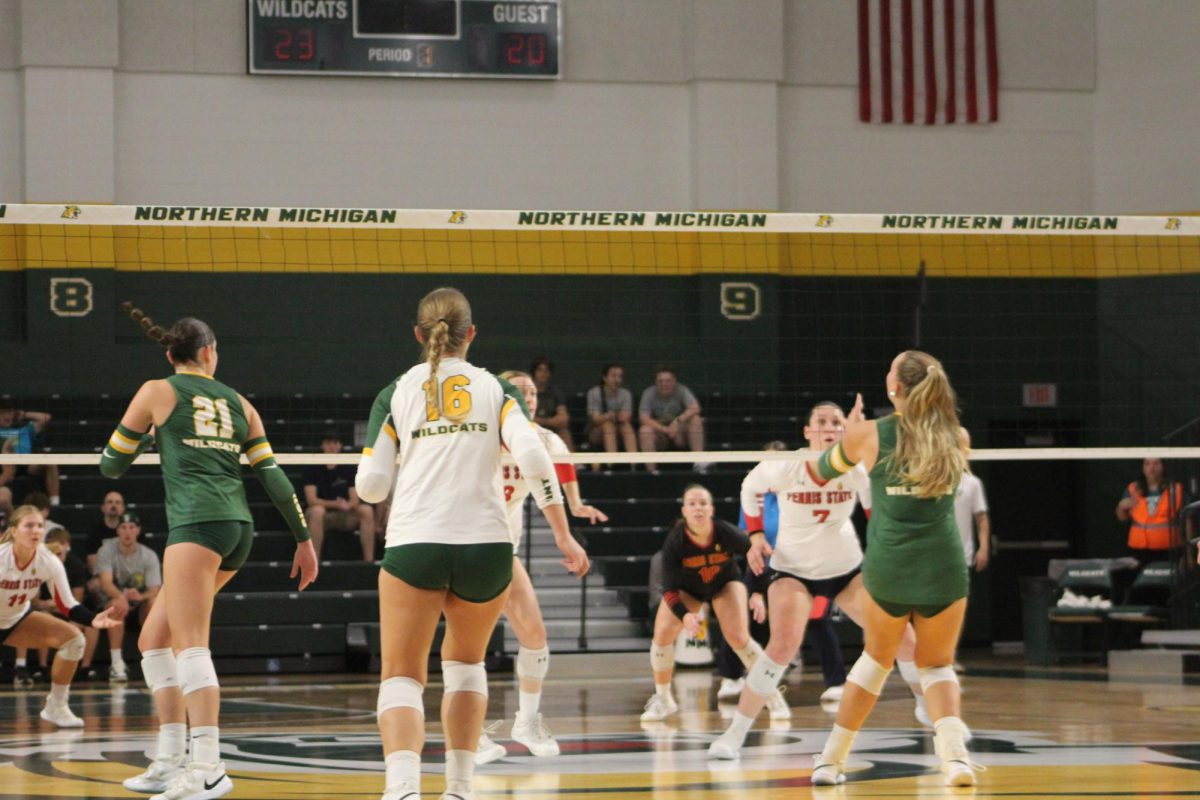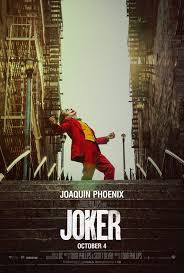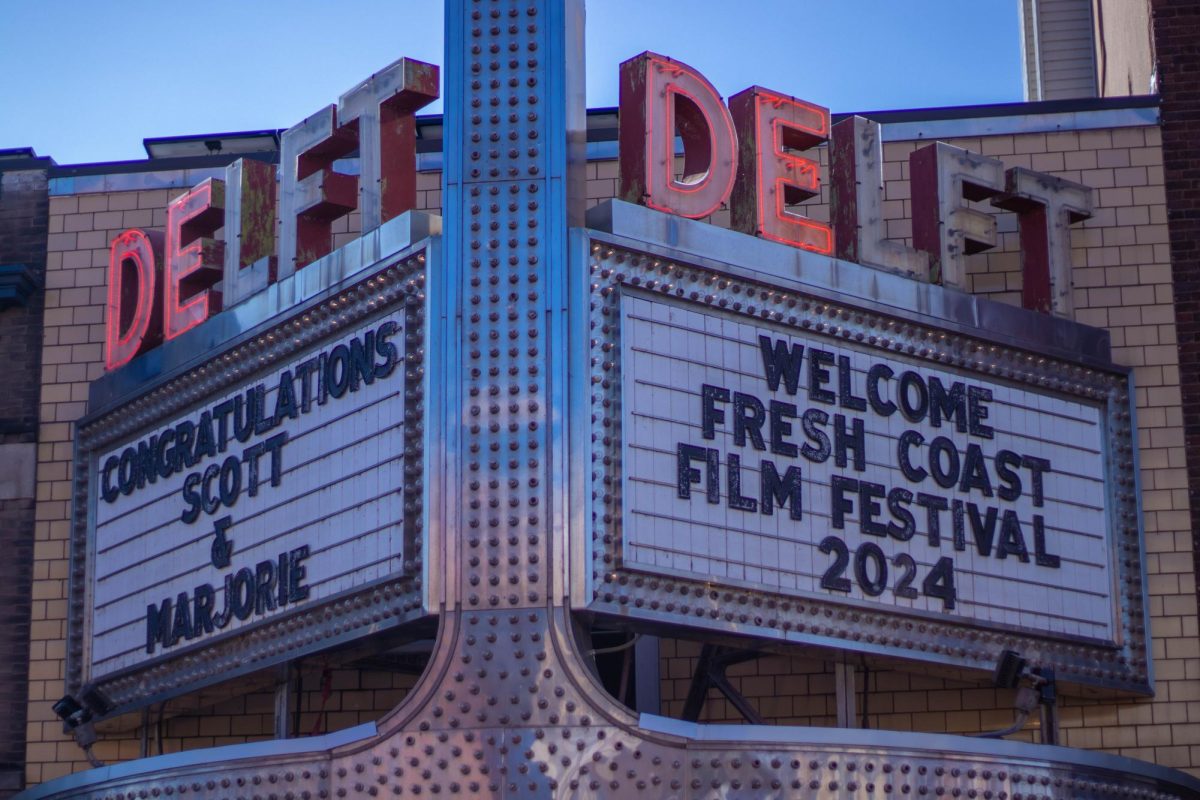Leading up to the controversial Oct. 3 release of the new DC Comics film “Joker,” there was a great deal of conflict and fear surrounding the possible societal impacts of the movie.
The movie portrays Joker—the iconic villain pitted against Batman—descending into maniacal violence after experiencing poverty, abuse, poorly treated mental illness and difficult life situations.
Critics questioned whether the movie would incite violence in viewers, and some worried that while watching the film, their theater would be attacked and they would become victims of gun violence. The cultural anxiety surrounding mass shootings by men who resemble in many ways the main character of the dark film made it a distasteful story for many.
The comments of an internet user named Rachel Miller typified this opinion when she posted, “I don’t know if there is ever a good time for a movie that paints mass murder as the logical conclusion of a socially isolated, debateably neurodivergent white man being failed by the system, but I feel as though this is not f***ing it.”
After seeing the film on Sunday, I could understand why the film was understood to have so much power and be so concerning. It portrays Joker in such a manner that the viewers are led to not only understand the protagonist’s descent into violent madness, but also experience some sympathy for his situation. Because of the perceived acceptance of, or sympathy for, the character, some viewers are claiming that this movie is dangerous to our society.
Personally, I take issue with any form of media, entertainment or especially art being labeled dangerous. Censorship for the protection of the masses has a distinctly awry ring to it. Art is meant to explore the boundaries of being human, and Joker, though clearly targeted for the usual comic-reading nerd crowd (myself included), certainly attains that artistic goal.
The very idea of portraying a psychotic killer as the protagonist of a superhero movie is repulsive to many, but the filmmaker seems to have used it as an avenue for the development of radical empathy. The film even contained some gems of wisdom. For example, Joker emerges as a killer largely due to the lack of resources available to him in his poverty-stricken, mentally-ill state.
At one point, the funding for his counseling sessions is cut, and he is therefore no longer able to obtain his many necessary medications. Resources in his city are not being devoted to those who seek help. Even when he was able to receive a modicum of assistance from the mediocre MedicAid clinicians, the sick protagonist did not find talk therapy particularly helpful because he was not listened to.
That situation probably sounds familiar to many individuals who have sought help in their time of deepest need and been shut down because the issue was not given enough resources to match its importance. Sure, the problem of mental heath is talked about plenty, but there is a shortage of actual assistance for those in the most vulnerable positions.
Some claim Joker glorifies fetishes or simply apologizes for the actions of violent mentally-ill persons. This was not my personal impression. That said, while I was viewing the film, people walked out at various points, especially during or immediately following the violent and emotionally chaotic scenes. I felt for them, as I also found the scenes quite disturbing, and I was glad they were able to remove themselves when they felt the need.
Some might suggest that the film should be viewed only by stable individuals, the fear being that a certain type of lonely, outcasted person who feels victimized by society will find the film inspiring and take Joker’s violent resolution to heart. However, the suggestion that people should be protected from any form of media makes me cautious.
Is it acceptable to societally regulate movies and intervene on the issue of protecting certain individuals from being exposed to ideas present in such films? This would be a form of control over information intake.
I’d be the first to declare that art has the power to change minds and shape society, and I’ll admit openly that “Joker” contains powerfully disturbing material. However, the issue of censorship must always be weighed in instances like this. Is banning or restricting art a road we really want to follow?























